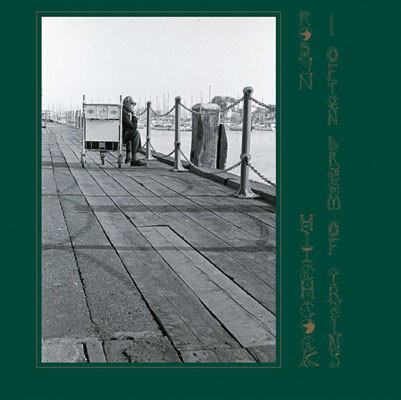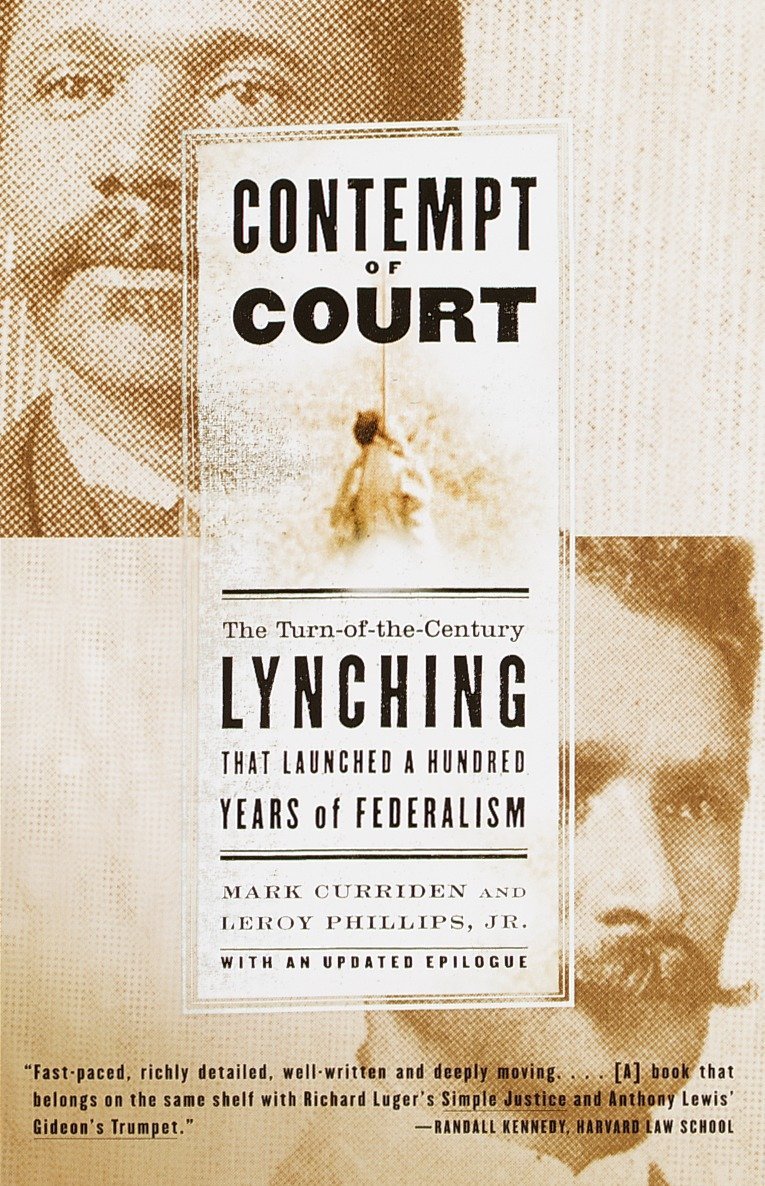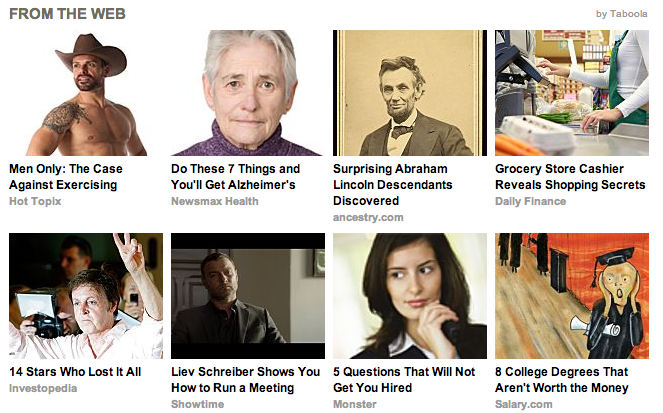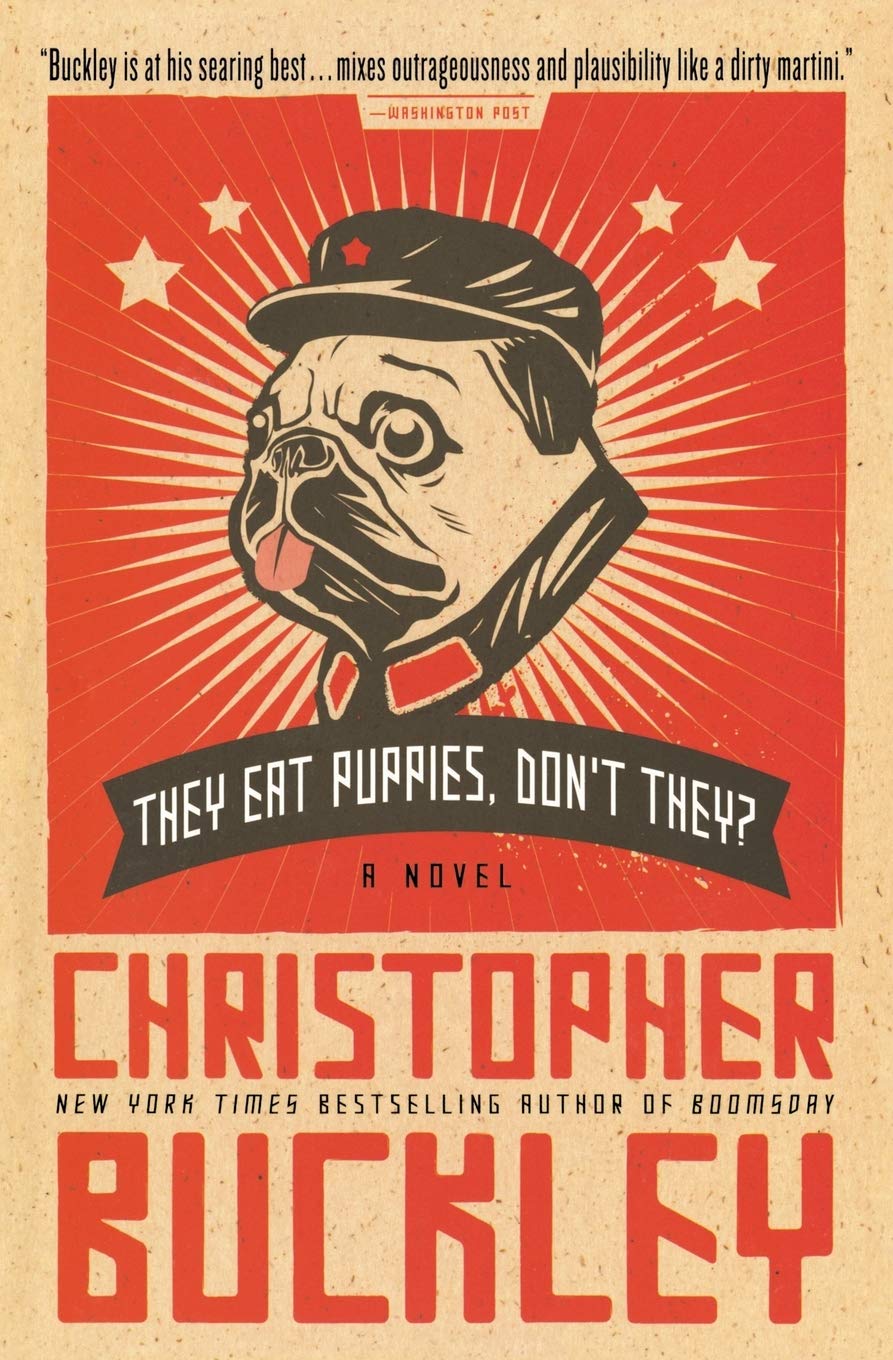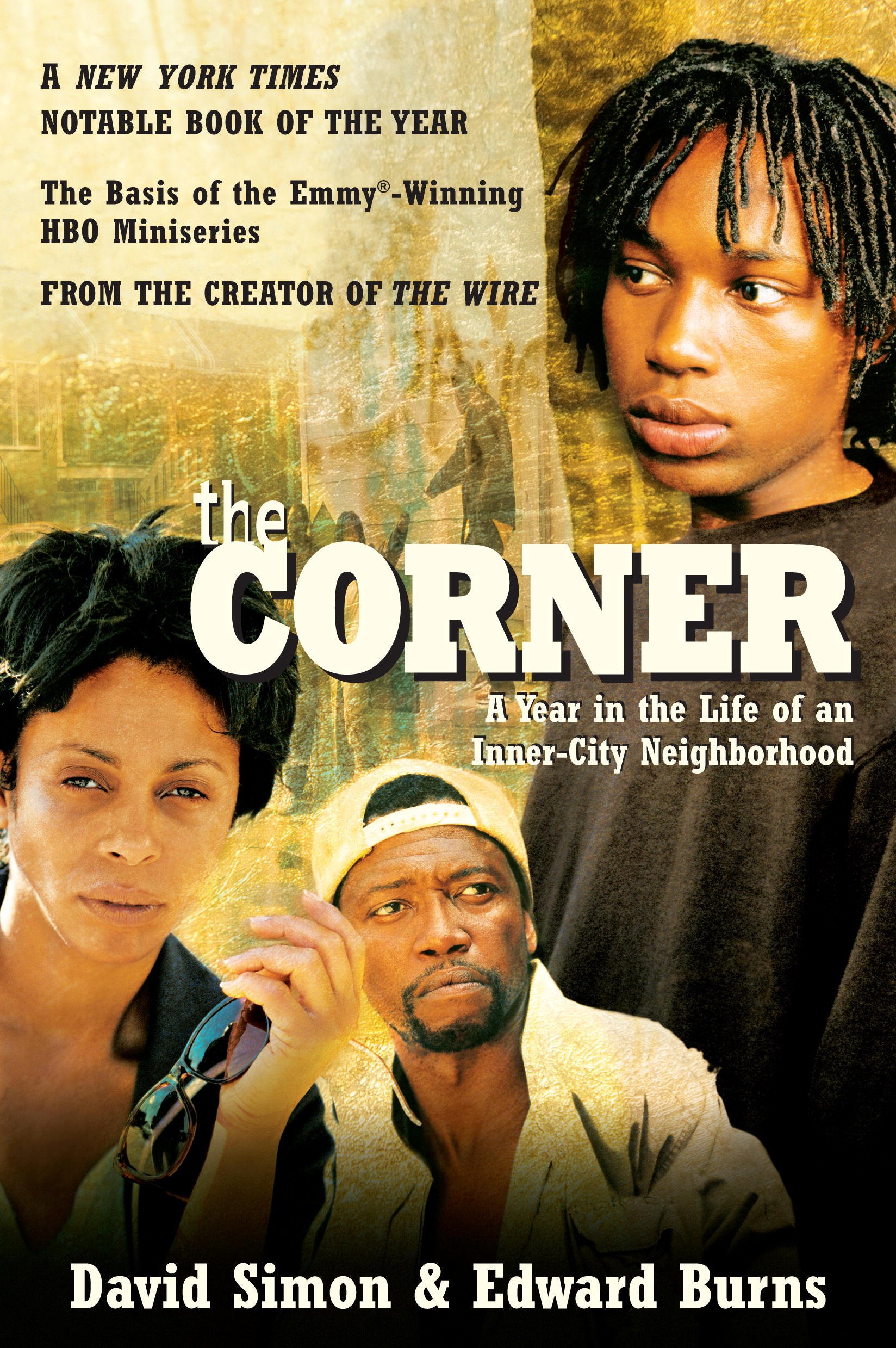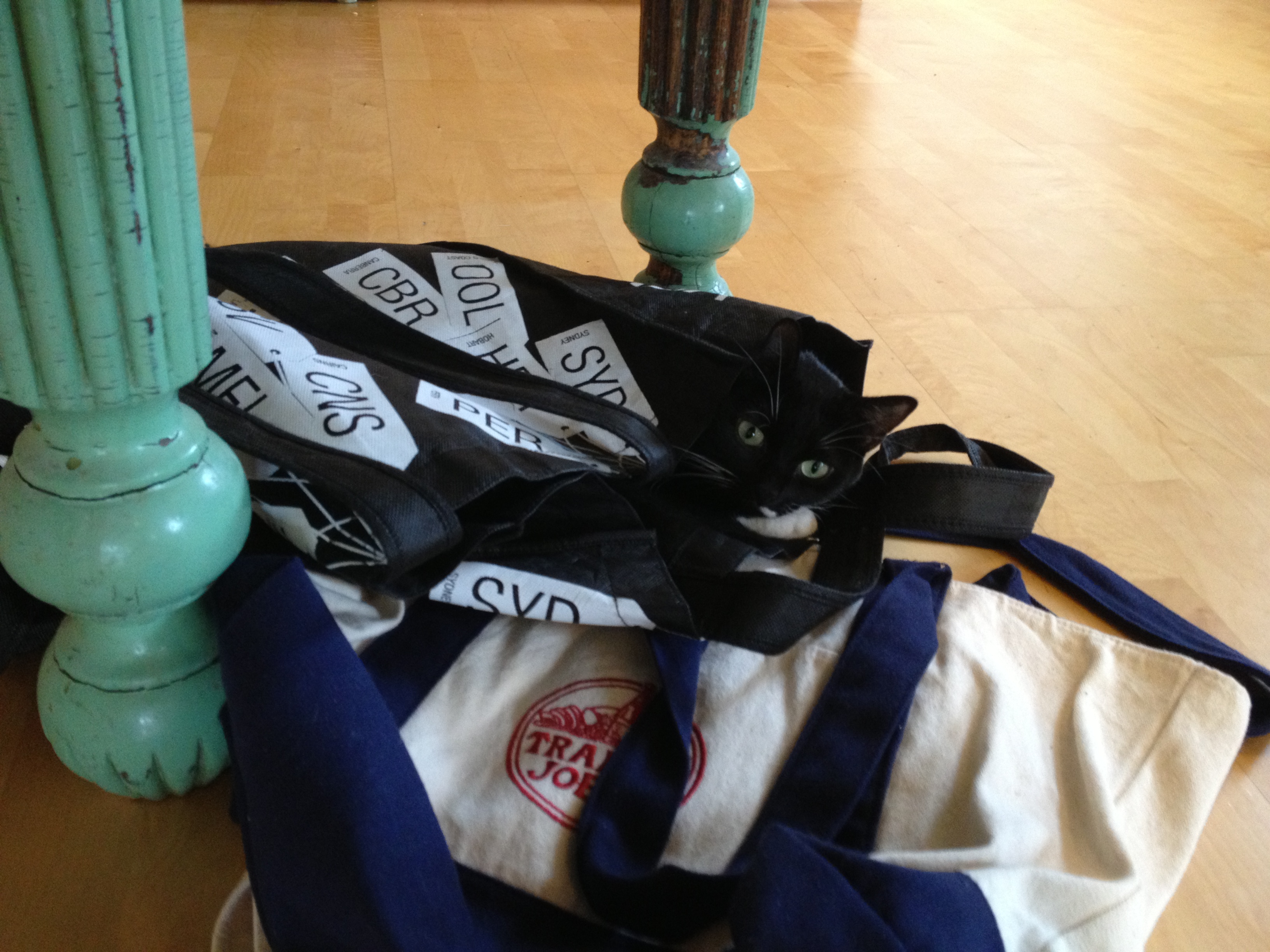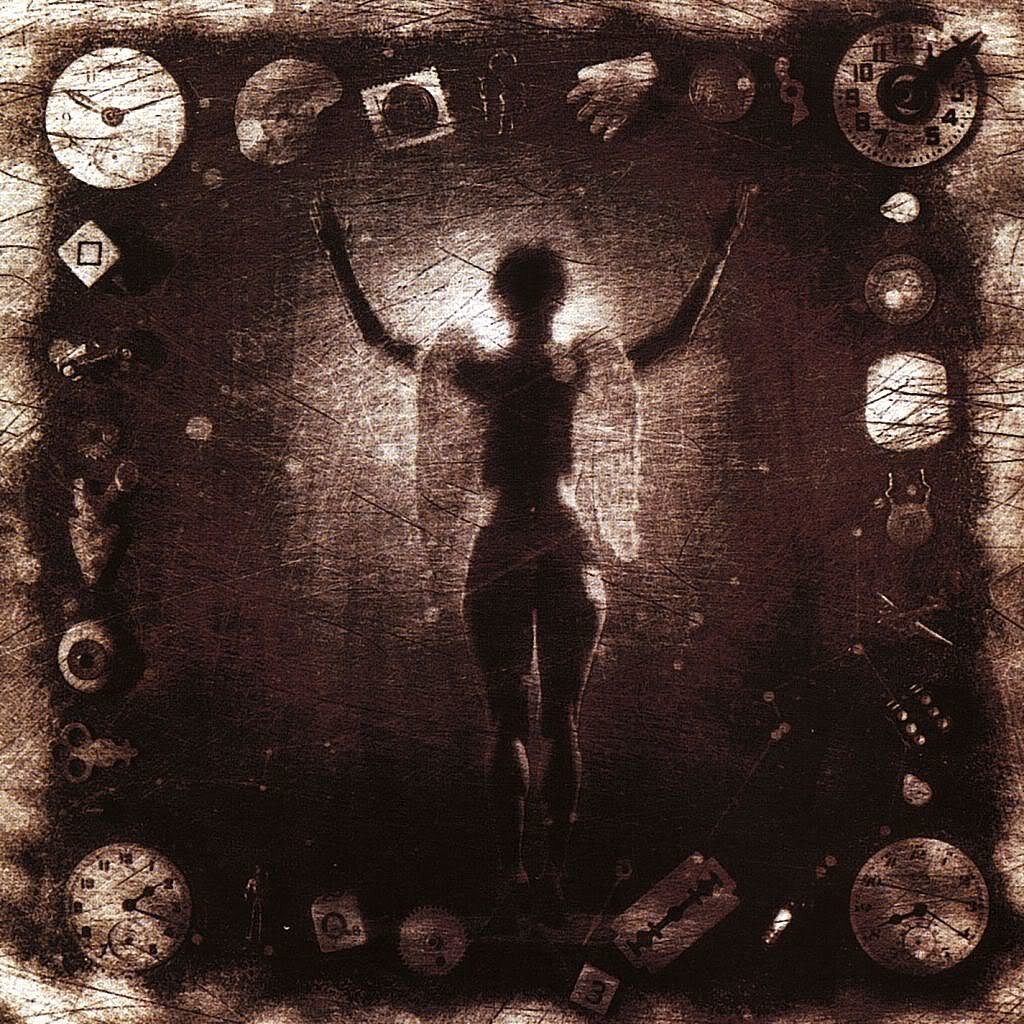Mary Roach’s Gulp: Adventures on the Alimentary Canal is typical of her books, which is to say it’s a highly enjoyable read that belies the amount of research that’s obviously gone into the work.
Like her other books, Stiff, Bonk, Spook, etc., Roach takes a topic that doesn’t necessarily lend itself to polite conversation – and then takes the reader on an extensive tour of the topic by way of speaking to a slew of experts and extracting the most interesting trivia from previous research.
The bibliography in the book is 15 pages, and it’s copiously footnoted throughout. What distinguishes Gulp and the rest of Roach’s oeuvre from more traditional research is that she makes it entertaining and engaging.
Gulp starts at the beginning, as it were, with the role that smell plays in taste. (Which is to say, way more than most people realize.) From there, she looks at why humans and their pets prefer different foods, some of our past misconceptions about food and digestion (be thankful you’re not expected to Fletcherize), all the way the lower colon and out again.
Along the way we learn that, perhaps, Elvis’ death and “bloated” look may have had more to do with a genetic disease of the colon than drugs or overeating. Roach also touches drug smuggling in uncomfortable places (sadly, no Pulp Fiction references), how flammable flatus is, and (the word of the day) all about boluses.
The only thing I don’t like about the book? The cover art. For some reason I find it really obnoxious, which is not at all fitting for the book or Roach herself.
I had the opportunity to meet Roach, briefly, earlier in April when she made an appearance arranged by Left Bank Books. The evening, which included some food that emphasized points made in the book, was punctuated by a forced intermission where we all decamped to the basement to wait out a tornado warning. Roach was undaunted by this and spent the time talking to attendees and signing books.
Rather than doing a reading from the book, she just talked a bit about her experiences writing the book and covered some of the information you’ll find in the first few chapters. The rest of the time was spent answering questions or trying the food.
If you have the opportunity to see Roach in person, I strongly recommend it. She’s intelligent, personable, and funny as hell. I also recommend picking up Gulp and/or any of her other books. Her work makes for fast reading, and you’ll likely learn quite a bit you didn’t know before about how your body works.
Rating: 5/5
 Perfect song for an Autumn Sunday. One of my favorite Robyn Hitchcock songs – and that’s saying something, really. He has an amazing body of work, but this is quiet and beautiful little song that always catches my ear when it’s on.
Perfect song for an Autumn Sunday. One of my favorite Robyn Hitchcock songs – and that’s saying something, really. He has an amazing body of work, but this is quiet and beautiful little song that always catches my ear when it’s on.